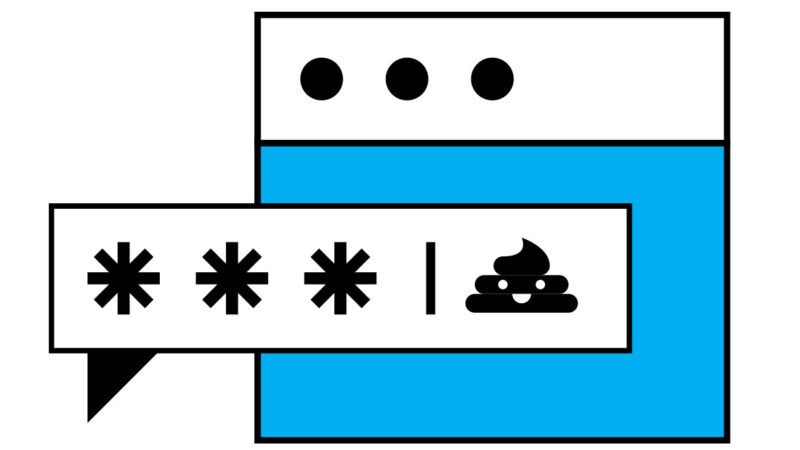Is Telling Someone To 'Die' on Facebook Protected by the First Amendment?
A Colorado man was convicted under an anti-stalking law for sending hostile messages online.

"If there is a bedrock principle underlying the First Amendment," the U.S. Supreme Court said in the 1989 case Texas v. Johnson, "it is that the government may not prohibit the expression of an idea simply because society finds the idea itself offensive or disagreeable." In practice, that principle means all sorts of despicable utterances, including "hate speech," are constitutionally protected.
But the Court also has said that the First Amendment has its limits. One of them involves "true threats" of violence. In the 2003 case Virginia v. Black, the justices defined that category as "those statements where the speaker means to communicate a serious expression of an intent to commit an act of unlawful violence to a particular individual or group of individuals." The First Amendment, the Court held, "permits" the government "to ban a 'true threat.'"
Deciding what counts as a "true threat" is no easy task, however. In April, the justices heard oral arguments in Counterman v. Colorado, which asks "whether, to establish that a statement is a 'true threat' unprotected by the First Amendment, the government must show that the speaker subjectively knew or intended the threatening nature of the statement, or whether it is enough to show that an objective 'reasonable person' would regard the statement as a threat of violence."
Billy Raymond Counterman was convicted under a Colorado anti-stalking law after sending a musician numerous Facebook messages from various accounts. "Fuck off permanently," one message said. "You're not being good for human relations," said another. "Die. Don't Need You."
The state law under which Counterman was convicted makes it a crime to repeatedly make "any form of communication with another person….that would cause a reasonable person to suffer serious emotional distress and does cause that person….to suffer serious emotional distress." Whether or not Counterman intended to convey a threat was immaterial under that law.
The implications of Counterman v. Colorado extend beyond one man's ugly Facebook messages. "The Nation is undergoing a communications revolution, driven by unprecedented new forms of online expression—and unprecedented new attempts by government to monitor and restrict such expression," the Cato Institute observed in an amicus brief. "This case is the right vehicle to set clear, badly needed boundaries for government authority to limit online expression through the harsh cudgel of criminal prosecution."


Show Comments (96)